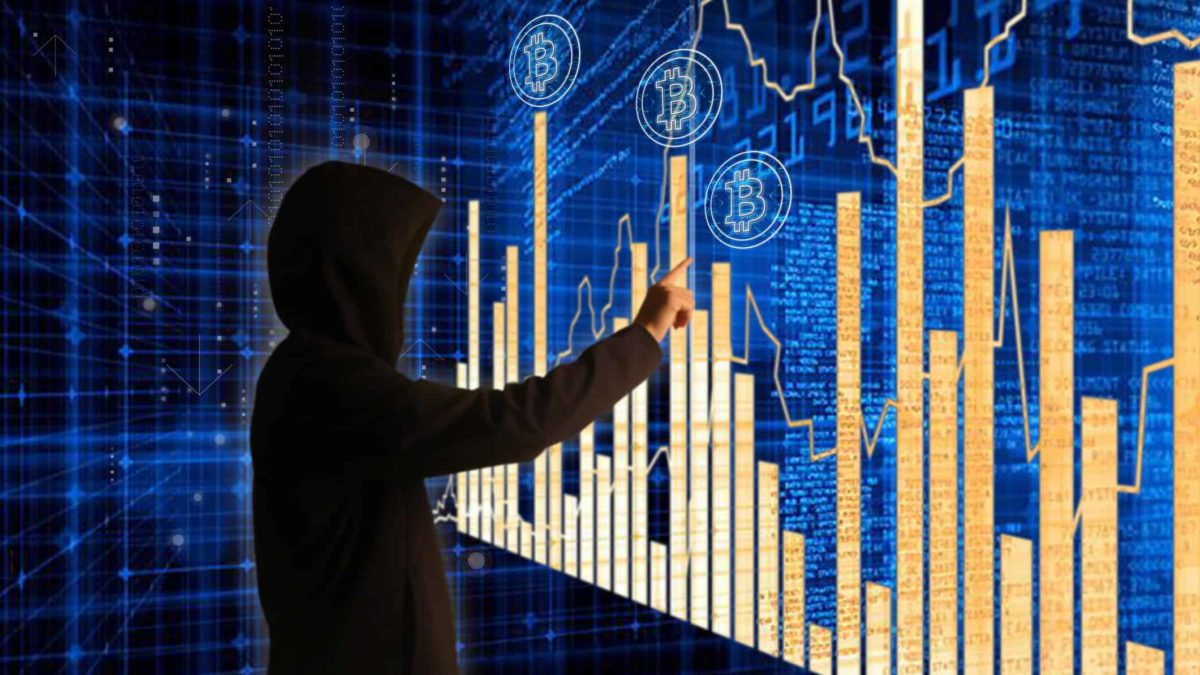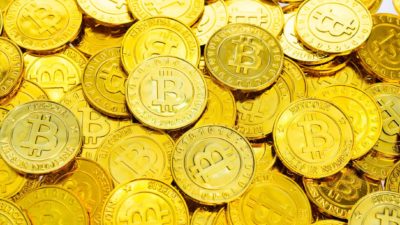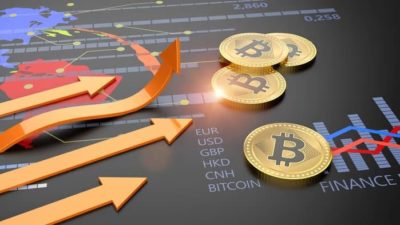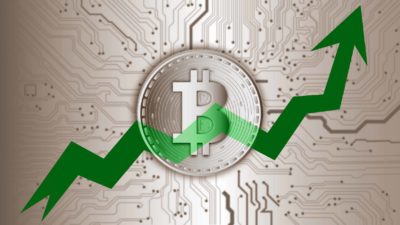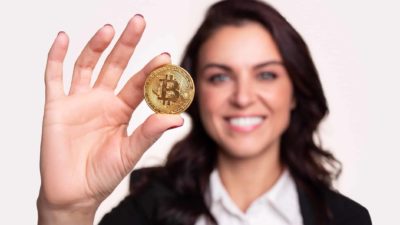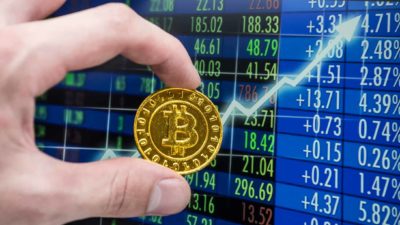The Bitcoin (CRYPTO: BTC) price has bounced back from a loss to a 2% gain following a strong run over the past few hours.
One Bitcoin is currently worth US$38,626 (AU$52,760), giving the world's original crypto a market cap of US$740 billion.
Despite the rebound, the Bitcoin price remains down 10% over the past 7 days and down 20% year-to-date.
The Ripple (CRYTPO: XRP) price is gaining today too, up 1% since this time yesterday to 72.8 US cents.
XRP, the world's number 6 crypto with a market cap of US$34.7 billion, remains down 15% for the year. We bring this particular token up for a reason.
If you're unfamiliar with XRP, the token was created by Ripple Lab as a "digital asset built for global payments".
According to CoinMarketCap, this implies that, "Ripple plans to rival money transfers usually conducted by the banking system. XRP would allow users to send money at a very low cost, attracting the potential interest of retail customers and banks alike."
Which brings us back to Visa and Mastercard removing their payment services from Russia in response to its invasion of Ukraine. This comes atop the earlier ban of many Russian banks from the global SWIFT service.
With more Russian institutions and individuals locked out of traditional payment systems, will this impact the Bitcoin price and other payment focused cryptos like XRP?
Will Visa and Mastercard's Russia ban impact the Bitcoin price?
Josh Gilbert, market analyst at multi asset investment platform eToro, sees the potential for an increased demand for cryptos as Russians are locked out from global credit cards. And greater demand could send the Bitcoin price higher.
According to Gilbert:
The latest Visa and Mastercard restrictions will further tighten how Russians are able to access capital, meaning we may well see an increase in demand for cryptoassets. Bitcoin is borderless, so at times like this, citizens can turn to cryptoassets to store and spend their capital.
The restrictions from Swift, Visa and Mastercard could see demand pivot to cryptoassets that specialise in payments, such as XRP, given its ability to instantly and efficiently move money across all corners of the world through its decentralised blockchain.
Emphasising that crypto is not something you just store in a digital wallet hoping the price will go up, Gilbert added:
The last few weeks have highlighted crypto's real-world use cases, and everyday consumers now understand there is much more to crypto than just an investable asset. This could shepherd in a new era of finance; payments in under a matter of seconds, decentralisation away from corporations or governments, and the provision of finances when traditional methods are not available.
Despite greater clarity surrounding its real-world use cases, the Bitcoin price has yet to lift off in the wake of heavy selling following its November all-time highs.
Can Russia skirt sanctions with crypto?
One of the big concerns with cryptos like Bitcoin and XRP is that the Russian government may use them to do an end run around sanctions imposed by the West.
You've probably heard these debates, also linked to organised criminal activity, amongst various politicians and analysts yourself.
But the top brass at global crypto exchange FTX says it will be nigh impossible for Russia to do so on any kind of appreciable scale.
According to FTX president Brett Harrison and CEO Sam Bankman-Fried:
The world's attention on Russia's aggressive conflict with Ukraine, combined with the new omnipresence of cryptocurrencies, has created the natural question now being asked in all major media: can cryptocurrency be used by sanctioned parties to avoid US sanctions?
The short answer is: no.
Harrison and Bankman-Fried give a long list of security protocols in place to prevent sanctioned institutions from simply reverting to Bitcoin, XRP or other cryptos over fiat currency.
Among those protocols, they said:
Exchanges that can accept wire transfers as sources of fiat deposits know the identity of the source financial institution, and can therefore detect whether the currency is coming from, for example, a sanctions listed Russian bank, a blacklisted source, or some other problematic funds source.

